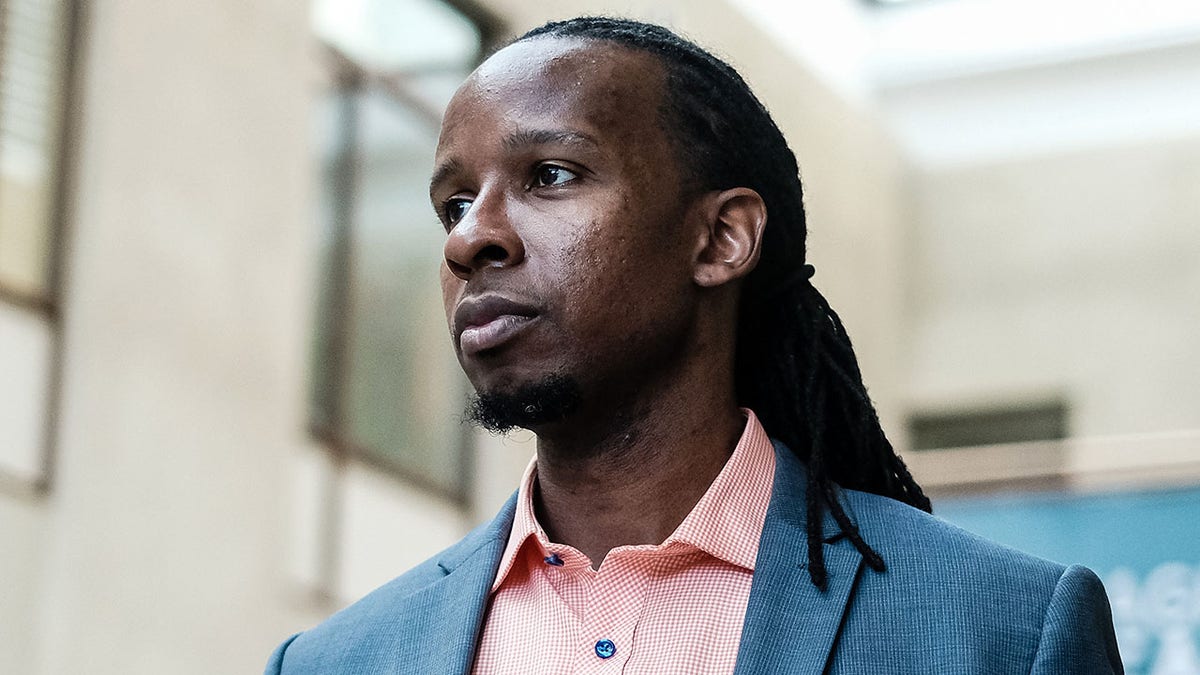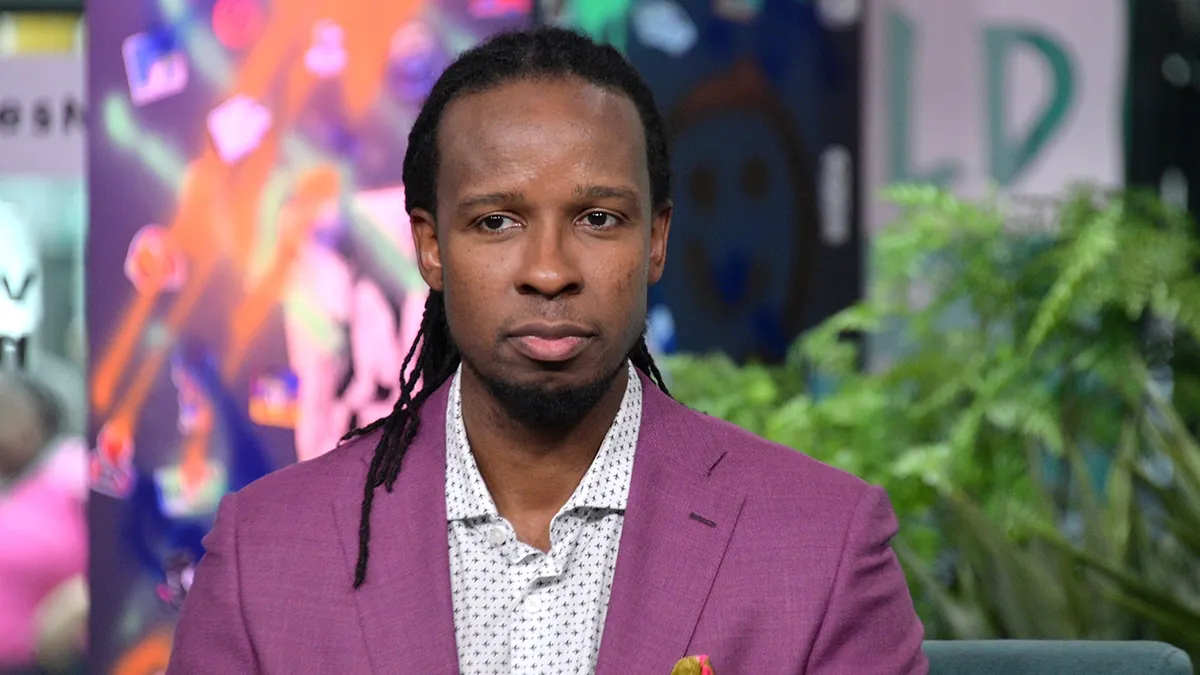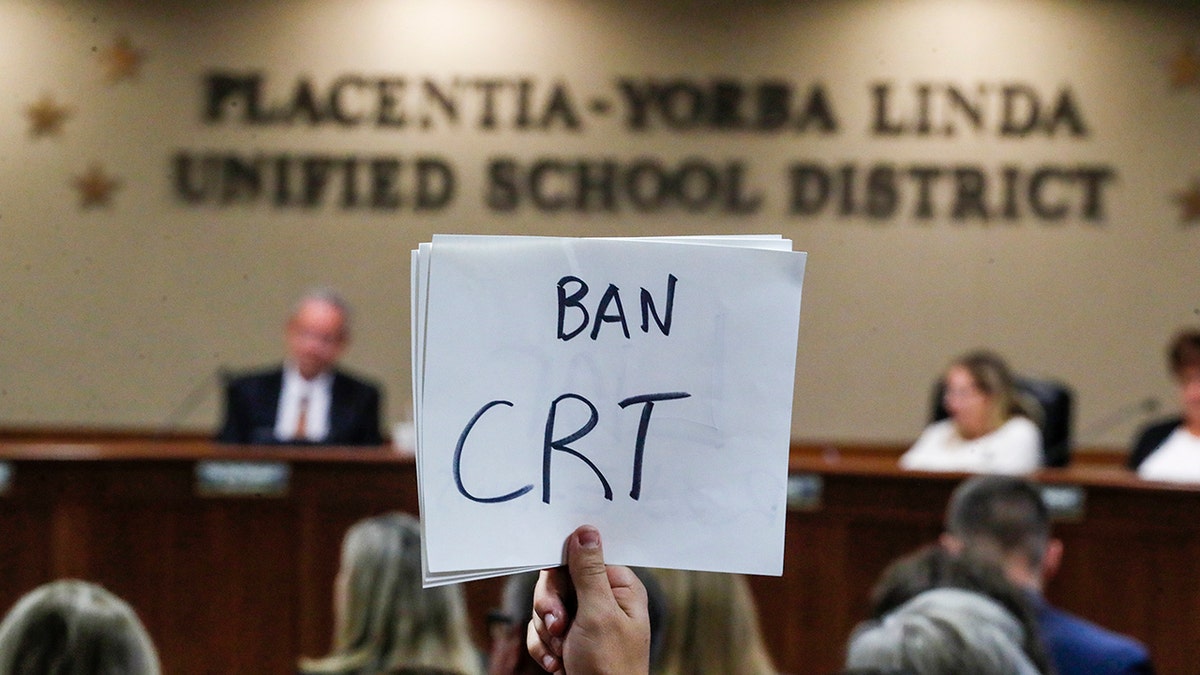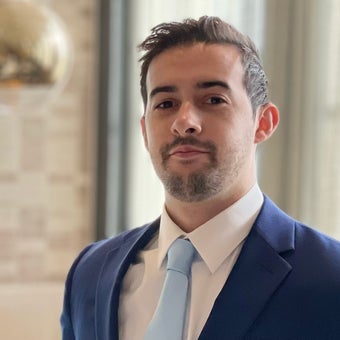Ibram X. Kendi on his books that teach children to see and understand racism
The author and professor says that children are most likely to be harmed by racism, and parents need to step in when they are young.
Author and prominent critical race theory advocate Ibram X. Kendi said Monday his new children's books are about helping kids and adults "see racism."
On "CBS Mornings," Kendi pushed the idea of teaching kids how to be an anti-racist, noting that it can begin by performing specific actions or having conversations with toddlers. He responded to hosts relaying criticism that he was teaching people to only "see race" in others.
"Well actually, teaching people to see racism," he said. "There's a difference. Race is a mirage. Racism is real. And it’s – you know who’s the most likely to be harmed by racism? Our children. You know who are least likely to engage about it? Our children. That's what's really prevailing me to do this work."
One such example Kendi discussed was teaching kids that there is a "human rainbow" with different shades and to appreciate the uniqueness of their shade, but also acknowledging that all skin colors are a part of humanity. He said that a parent’s reaction, such as being afraid when a Black man walks by, can teach a child to feel the same.

Ibram X. Kendi at American University in Washington following a panel discussion on his book "How to Be an Antiracist" on Sept. 26, 2019. (Michael A. McCoy/For The Washington Post via Getty Images)
"If we’re just assuming that our kids aren’t doing that, how are we counteracting that? You know because it’s dangerous for our kids to be like ‘I don’t want to play with that Black boy,’" Kendi said.
Anchor Gayle King asked Kendi his thoughts on parents who just want their "children to be children," and choose not to expose them to early discussions about race. Kendi recently released two books on the topic, "How to Raise an Antiracist," a book for adults, and "Goodnight Racism," a picture book for kids. The author has previously written other books, including the children’s book, "Antiracist Baby."
"I want my child to be a child as well. And the unfortunate thing is racism prevents our children from being children," Kendi replied. The author went on to assert that the "real issue" is that parents need to protect their kids from racist ideas and preconceived notions about skin color.
PARENTS DISPUTE MEDIA NARRATIVE THAT CRITICAL RACE THEORY IS NOT IN SCHOOLS: ‘RIDICULOUS,' ‘A JOKE’

NEW YORK, NEW YORK - MARCH 10: Ibram X. Kendi visits Build to discuss the book Stamped: Racism, Antiracism and You at Build Studio on March 10, 2020 in New York City. (Michael Loccisano)
Kendi also discussed "racially socializing a child." The author claimed that scholars believe color blindness, sowing mistrust about a particular racial group, and parental preparations for racism are some of the more common ways kids can be racially socialized.
Kendi is one of the leading figures pushing for the inclusion of critical race theory in schools. The author has stated that he is a believer in systemic racism and the only possible way to dismantle it is for America to "identify and describe it" first.
TWITTER CEO DONATES $10M TO 'ANTI-RACIST' PROFESSOR WHO SEEKS CENSORSHIP OF POLITICIANS' 'IDEAS'

Yorba Linda, CA, Tuesday, November 16, 2021 - The Placentia Yorba Linda School Board discusses a proposed resolution to ban teaching critical race theory in schools. (Robert Gauthier/Los Angeles Times via Getty Images)
In a section of "How to Raise an Antiracist," Kendi described his fears over seeing his child show an attachment to a White doll.
"Sadiqa and I were probably unduly sensitive about the whole situation. But we wondered if our Black child’s attachment to a white doll could mean she had already breathed in what the psychologist Beverly Daniel Tatum has called the 'smog' of white superiority," Kendi wrote.
CLICK HERE TO GET THE FOX NEWS APP
Kendi explained that he and his partner were concerned, and that an "alarm was ringing" in his head because he thought his child’s preference for a White doll could be a larger indication of "racial prejudice" stemming from childhood exposure to biased products and individuals.











































